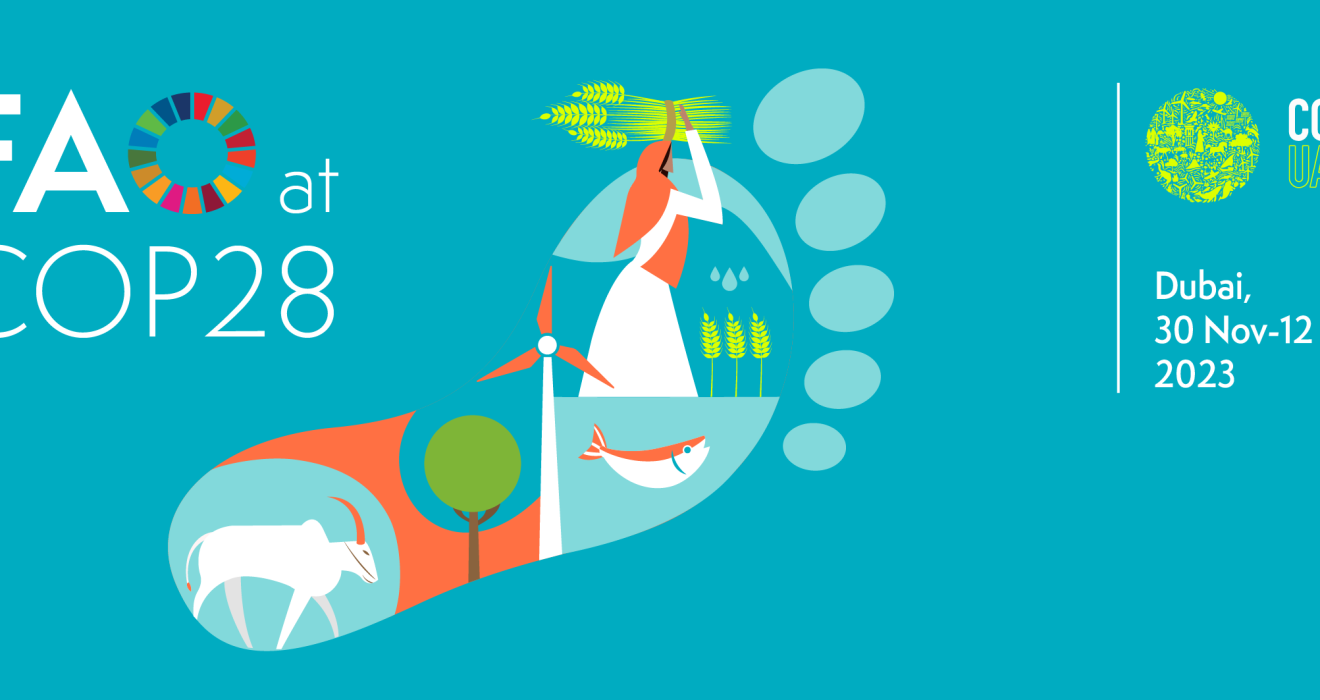In a momentous speech that resonated with hope and urgency, UN Climate Change Executive Secretary Simon Stiell addressed the global community at the closing of COP28 in Dubai on December 13, 2023. Expressing deep appreciation to the United Arab Emirates for hosting this historic gathering, Stiell underscored the conference’s significance as a beacon for change. COP28, he emphasized, served as a platform to send resounding signals, a clarion call for a united commitment to pivotal issues—renewable, climate justice, and resilience.
Stiell’s gratitude extended beyond mere formality, acknowledging the host country’s instrumental role in facilitating a space where world leaders, delegates, and stakeholders could converge to address the pressing challenges of our time. Against the backdrop of the conference’s historic nature, Stiell urged for unequivocal signals to be transmitted globally, emphasizing the imperative of embracing renewable, championing climate justice, and fortifying our collective resilience against the growing climate crisis. COP28, in essence, marked a defining moment where nations stood at the crossroads, poised to shape a sustainable future for generations to come.
COP28’s Advances in Renewable Energy and Adaptation Goals
COP28 witnessed significant strides towards a sustainable future. Notably, the conference set ambitious targets, including tripling renewable and doubling energy efficiency. A groundbreaking framework for the Global Goal on Adaptation was established, emphasizing the urgency of adapting to the changing climate. Additionally, the operationalization of the loss and damage fund, coupled with an initial down payment, showcased a tangible commitment to addressing climate-related challenges.
Fossil Fuels: Beginning of the End at COP28
In the heart of Dubai’s transformative discussions during COP28, UN Climate Change Executive Secretary Simon Stiell delivered a poignant message on the critical juncture humanity faces in confronting the fossil fuel dilemma. While the conference did not fully sever ties with the fossil fuel era, Stiell passionately asserted that COP28 signaled the commencement of its end. His words echoed a profound acknowledgment of the challenges inherent in achieving a unanimous consensus, emphasizing the complex nature of the negotiations.
Stiell’s emphasis on the gravity of humanity’s core climate problem – the pervasive use of fossil fuels and the consequential planetary impact – reverberated through the conference halls. It served as a rallying cry for a paradigm shift, recognizing the urgent need to pivot away from traditional energy sources that perpetuate environmental degradation. COP28 became a pivotal chapter, not just in acknowledging the problem but in catalyzing the global community towards the inevitable and necessary transition away from fossil fuels.
Pledges and Their Real-Economy Outcomes
Stiell stressed that the initiatives announced at COP28 should be seen as a climate-action lifeline rather than a finish line. The focus now shifts to transforming these pledges into tangible, real-economy outcomes without delay. Governments and businesses worldwide are urged to take immediate action to bring about the transformative changes required to combat climate change.
Progress and Pace: A Global Stocktake Reflection
In the wake of COP28’s deliberations in Dubai, UN Climate Change Executive Secretary Simon Stiell reflected on the nuanced dynamics of progress and pace in global climate efforts. Despite candidly acknowledging that the trajectory of advancement might not be swift enough to address the looming crisis, Stiell illuminated a silver lining – an undeniable gathering pace in collective endeavors to combat climate change.
The Global Stocktake, a comprehensive assessment of global climate action, served as a critical mirror reflecting the reality of our current trajectory. Stiell’s disclosure resonated with a sobering truth: while strides have been made, the path we are on is set to result in nearly 3 degrees of warming. This revelation stood in stark contrast to the ambitious objective set by COP28 – to limit global warming to a more sustainable 1.5 degrees Celsius. Stiell’s reflection underscored the imperative for intensified and accelerated efforts, urging the global community to recalibrate its course in the pursuit of a more sustainable and resilient future.
The Path Forward: Implementing the Paris Agreement
As the curtains closed on COP28 in Dubai, UN Climate Change Executive Secretary Simon Stiell illuminated the path forward with a resolute call to action – the unwavering implementation of the Paris Agreement. Looking ahead to the early months of 2025, Stiell directed the attention of nations towards a crucial task: delivering new Nationally Determined Contributions (NDCs). These contributions are pivotal, aligning every commitment on finance, adaptation, and mitigation with the overarching goal of limiting global warming to a 1.5-degree Celsius world.
Stiell’s emphasis on transparency became a cornerstone in the journey towards sustainable climate action. He urged countries to submit their first-ever biennial transparency reports by the end of the following year, highlighting the importance of openness and accountability in the collective effort to combat climate change. This strategic roadmap outlined by Stiell not only underscores the urgency of immediate action but also sets a comprehensive framework for nations to collectively steer towards a sustainable, resilient, and climate-friendly future.
Voices for Change and Future Challenges
In his concluding remarks, Stiell paid tribute to UN Climate Change colleagues, emphasizing the need for ongoing support. He also addressed ordinary people worldwide, praising their efforts in raising their voices for change. Stiell acknowledged the challenging road ahead but reassured that UN Climate Change would be with every step of the way. He concluded by urging everyone never to relent, as their voices and determination would be crucial in the coming years.

